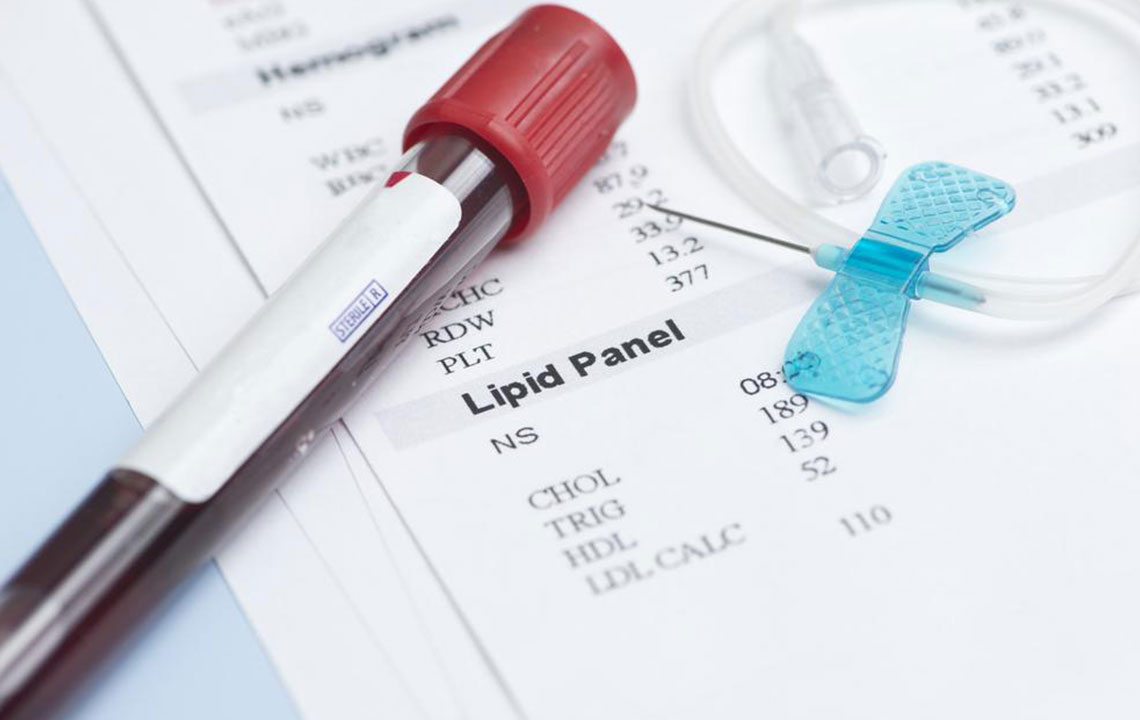Understanding Healthy Cholesterol Levels and How to Maintain Them
Learn about normal cholesterol levels and effective lifestyle strategies to manage and maintain healthy cholesterol. This guide covers testing, ideal ranges, and practical tips for heart health.
Sponsored

Elevated cholesterol levels can increase the risk of heart disease. While medications can help control cholesterol, adopting healthier lifestyle habits offers long-term benefits. Before making changes, it’s important to know your ideal cholesterol numbers. A blood test called a lipid profile measures your total cholesterol, triglycerides, HDL (good cholesterol), and LDL (bad cholesterol). For accurate results, fasting for 9-12 hours before testing is recommended. In the U.S., cholesterol is measured in mg/dl. Normal levels typically fall within these ranges:
Total cholesterol:
Below 200 mg/dl — desirable, 200-239 mg/dl — borderline, 240+ mg/dl — high
Triglycerides:
Under 150 mg/dl — desirable, 150-199 mg/dl — borderline, 200-499 mg/dl — high, 500+ mg/dl — very high
HDL cholesterol:
Below 40 mg/dl (men) or 50 mg/dl (women) — poor, 50-59 mg/dl — better, 60+ mg/dl — optimal
LDL cholesterol:
Below 70 mg/dl (for heart or diabetic patients) — ideal, below 100 mg/dl — optimal for at-risk individuals, 100-129 mg/dl — near optimal unless heart disease is present, 130-159 mg/dl — borderline high, 160-189 mg/dl — high, 190+ mg/dl — very high
Maintaining healthy cholesterol involves lifestyle changes such as:
Consuming monounsaturated fats like nuts, avocados, and olive oil to boost HDL and lower LDL
Eating polyunsaturated fats, especially omega-3s from fish like salmon and mackerel, for heart health
Avoiding trans-fats found in hydrogenated foods, which harm cholesterol levels
Adding soluble fiber from beans, oats, fruits, and whole grains to reduce LDL cholesterol
Engaging in regular physical activity, like brisk walking or cycling
Maintaining a healthy weight to lower overall cholesterol and improve balance
Quitting smoking, as it increases bad cholesterol levels
Limiting alcohol intake to prevent raising LDL cholesterol
Regular monitoring and lifestyle adjustments can help keep cholesterol levels within a healthy range, supporting overall cardiovascular health and reducing disease risks.






